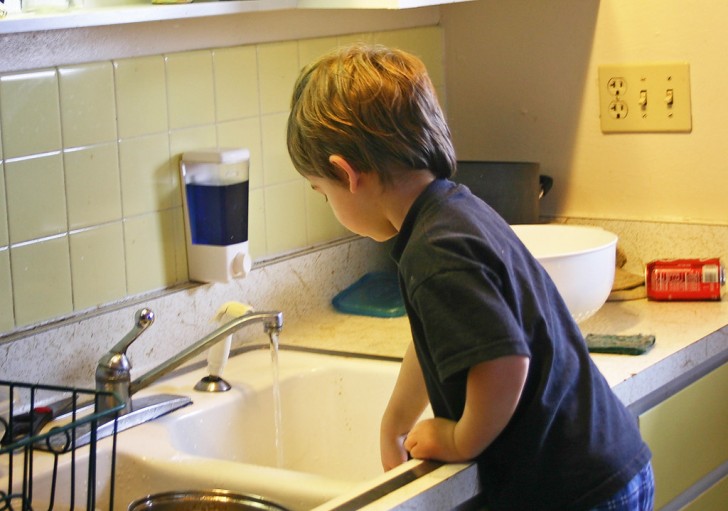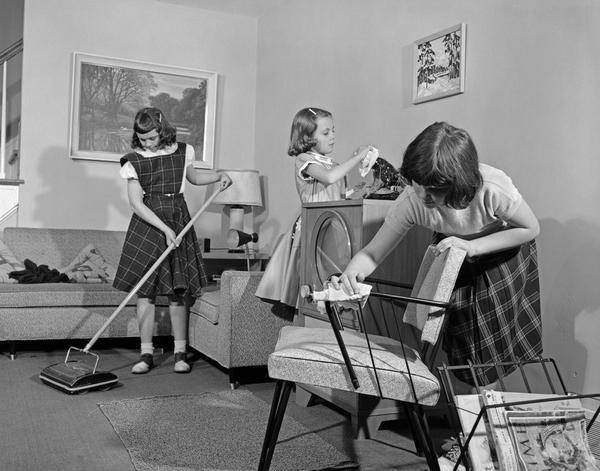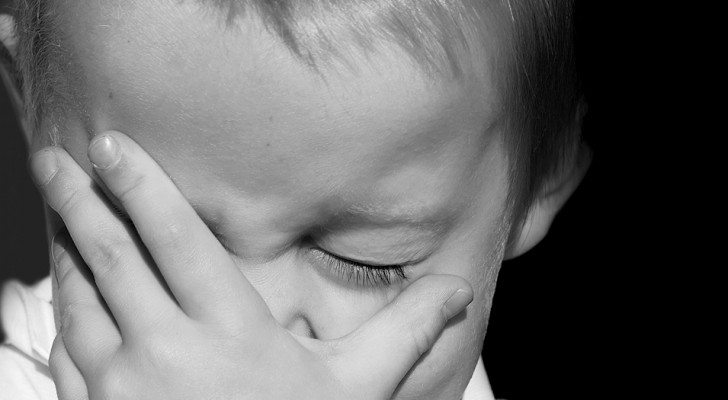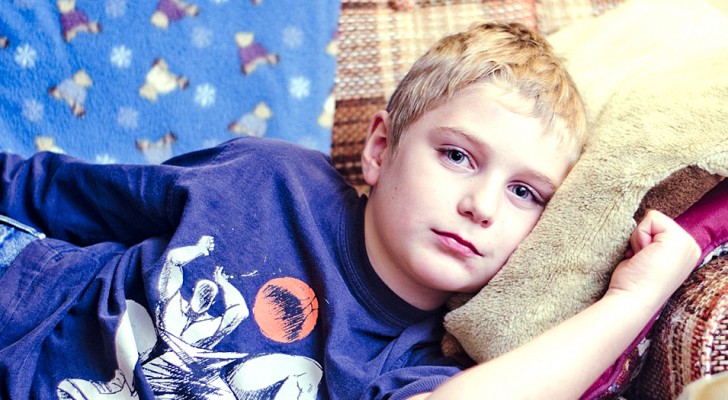According to psychologists, assigning children household chores might help them become responsible much sooner in life

We often tend to believe that today's children are more spoiled than in the past.
While before, in fact, the children in the family were real helpers to their parents in their work and in doing household chores of every kind, it is more than likely that today this tendency has been greatly reduced.
This has made it possible, in many cases, for children themselves to be considered as "extra work" by their parents, rather than as allies in the management of household chores.
However, for the sake of both the children and their parents, always, of course, without the exaggerations that may have characterized the past, it would not hurt to recover some of the "little household helper" roles that children can easily manage.
Furthermore, several scientific studies have demonstrated this fact and has published some interesting results. Let's take a look.
via Psycnet

Not only do children want to help at home, but they can also do it with excellent results. Thus stated the psychological study conducted by Dr. Rheingold, which re-evaluates the active role of children in household chores.
Many parents, according to what has emerged, should stop thinking that the little ones are not able or that they do not want to help. It is not so, because the key is to make them participate and involve them in the right way.
During Dr. Rheingold's research experiment, she observed that children aged 18 to 30 months of age, if directed and encouraged at the right pace (not too fast) to help their parents to do some small household chores, they were able to complete these tasks, even going as far as to volunteer to help with enthusiasm.
We are talking, of course, about small activities like sweeping small areas of the floor or collecting fallen objects and then putting them back in place.
However, it is significant to note what was discovered, precisely because it means that it is not always a question of the laziness of the little ones, but of the wrong attitude, from the start, adopted by their parents.

In this regard, there are many communities and populations in the world where parents know they can consider their children as active partners in their daily work, letting them do it, although they are aware that their children do things more slowly.
In the western world, however, according to the findings of another study, especially children who live in cosmopolitan areas, rarely volunteer, and this is mostly accepted by their fathers and mothers.
Involving children in domestic activities, moreover, means making them responsible from an early age.
And not only: it strengthens the bond with their parents and increases their understanding and appreciation of family dynamics and other family members.
If a child grows up with the habit and the duty to lend a hand, then, he or she will know how to be a kind, altruistic, and non-profiteering adult. Such a person does not feel superior to others and understands that it is always appropriate to be responsible and to do their part.
Obviously: all this does not have to mean that you need to put your children "to work". Every child has the right to their free time, to their spaces, their games and to a good measure of happiness.
As far as possible, however, and perhaps by making things pleasant, it is a good idea for many parents to accept the help of their children, without thinking a priori that it is something that would be better to avoid.
By doing so, they will help them become more just, kind, responsible, and independent adults.





